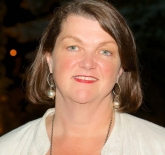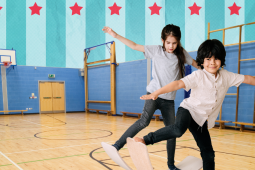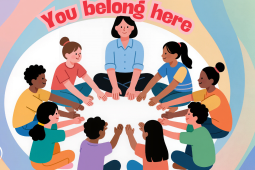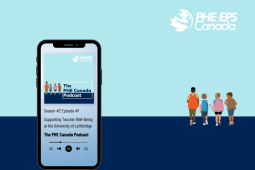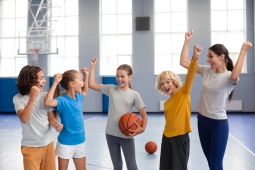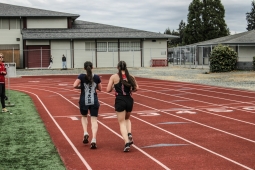When Summer Comes

When Summer Comes
Soon, the hallways, classrooms and staff rooms will be busy with the sound of preparation for the New Year. Although we probably won’t be singing Auld Lange Syne and making resolutions about exercising, we will be making preparations and resolutions for teaching, learning and managing all the demands that come with September.
Summers can provide teachers with much-needed breathing space from the physical, psychological and organizational demands of their jobs…and as the days give way to weeks, and the month of July comes to an end, the new school year seems just around the corner.
How do you prepare for the coming year? How will you manage the many demands of your classrooms, schools, families and their needs?
Teach Resiliency is a place to find resources, quick tips and tools to build and strengthen your own wellness, so you can begin – and end- the new school year feeling healthy, energized and resilient.
Here are some of our top tips to for the year, and links to resources that can help:
- Be part of something good. Spend time with colleagues who bring you strength, positivity and great ideas. Plan to have regular get togethers and share ideas, resources and support. Technology is a great tool, but face-to-face connections can provide unique benefits. And when you do get together, limit the time you spend talking about the challenges and focus on what is going well. Instead of focusing on ‘burning out’, focus on ‘burning in”, and remember that the teachers who often become overwhelmed and worried are the ones who care the most.
- Notice. Pay attention to your own thoughts, feelings, and sensations surrounding stressful and stress-relieving events, and those of others. When you need support, seek it out. When your students need support, help them find it, but remember that you are not alone.
- Stay Present. If you find yourself becoming anxious or stressed, remember to breathe, and focus your attention on what you are experiencing. Accept it and develop confidence in your ability to cope with it. And remember, when something good is happening, enjoy it, savour it, and celebrate it!
- Practice non-judgemental awareness. Begin by taking the view, every day, that everyone is doing their best – the child who refuses to do what is asked, the colleague who fails to fulfil a promise to help, the partner who doesn’t remember your anniversary. Follow with the commitment to appreciate the other’s experience, whether it is maltreatment, exhaustion, or health concerns. Ask yourself what you can do to change the conditions surrounding the difficulty. Could you give the child a ‘heads up’ about the next activity, provide your colleague with a friendly reminder, or put an entry about your anniversary on a shared family calendar or in your partner’s date book? Allow yourself the same appreciation, and practice self-empathy and acceptance. We all do our best, each day, with what we have.
Teacher Myths
We may also fall into the myths about teaching that are so harmful- for example
Myth 1: “Good” teachers have complete control in the classroom and over students at all times
Myth 2: Students’ behaviour is a reflection of the teacher
Myth 3: We alone are responsible for a student’s education
If we begin this school year feeling pressured to perform and unable to demonstrate our humanity, it is hard to imagine that we will have the energy to teach and live well throughout the year. If this resonates with you, download this short podcast for the next time you’re out walking the dog, or when you have a few moments in the garden: “Good Teacher – Bad Myths.”
In the News
As teachers and their students prepare for the school year in Ontario, the new Premier and his Deputy have announced repeal of the sexual health education curriculum for elementary grades. This has led to confusion and uncertainty about what is expected of teachers, what is “in” and what is “out”. Their own professional knowledge and practice, their own commitment to inclusive classrooms, is not recognized. It is important that as we hear about new policies for children and education, we notice what impact that has on teachers and schools. Check out the piece written by Dr. Kathy Hibbert, teacher, leader and one of the key partners in our TeachResiliency family, for her view on what is needed in our classrooms today: Trust Teachers
So, we at TeachResiliency wish you a Happy New Year and hope that you find health, happiness and fulfillment in the year ahead. Come back and visit us often- we will be here with resources and ideas. Coming up next is a call for your help in designing our Community of Practice, where you can participate in developing our shared space.
Stay tuned, and be well!
Susan Rodger, PhD., C. Psych.
Psychologist and Associate Professor,
Counselling Psychology Program, Faculty of Education,
Western University

